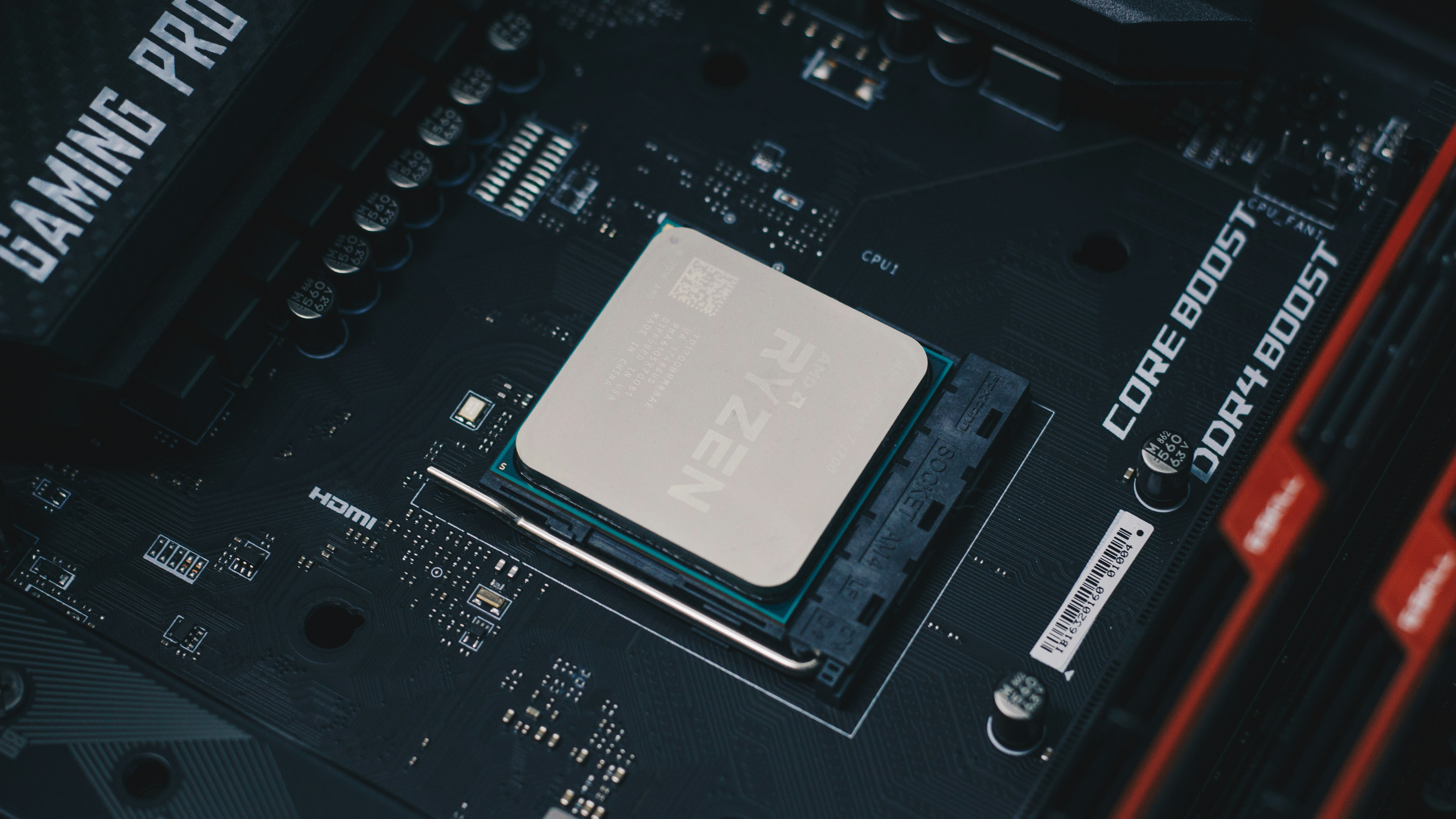
The Future of Semiconductor Jobs: Careers That Don’t Exist Yet
Semiconductors are the hidden foundation of modern life. These microscopic chips power everything from smartphones and laptops to cars, satellites, medical devices, and national defence systems. Without them, today’s digital economy simply wouldn’t exist. Globally, the semiconductor market was worth more than $600 billion in 2023 and is projected to surpass $1 trillion by 2030. Demand is accelerating as industries digitise and technologies like AI, 5G, electric vehicles, renewable energy, and quantum computing expand. In the UK, semiconductors are viewed as strategically vital. The government’s UK Semiconductor Strategy, published in 2023, commits £1 billion over 10 years to research, design, and supply chain resilience. While the UK does not operate mega-fabrication plants like Taiwan or South Korea, it has globally recognised strengths in design, R&D, and compound semiconductors, with hubs in Cambridge, Manchester, and South Wales. The semiconductor industry is undergoing profound change. Traditional silicon-based chips are reaching physical limits, leading to the rise of compound semiconductors, photonics, nanotechnology, and quantum devices. This technological shift will create entirely new jobs. Many of the most important semiconductor careers of the next 20 years don’t exist today. This article explores why semiconductors will create new jobs, the future careers likely to emerge, how current roles will evolve, why the UK is well placed, and how professionals can prepare now.

